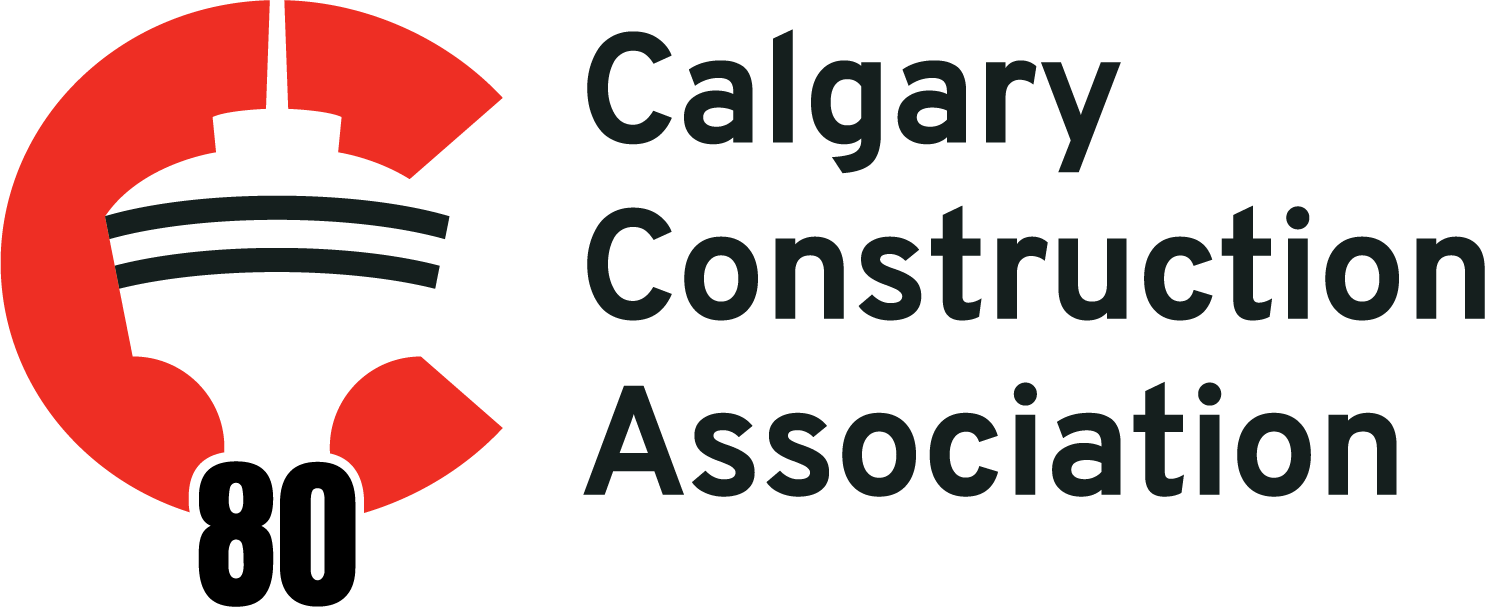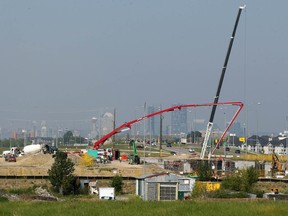That money will go toward research in robotics, automation and 3D printing of materials and homes in an industry beset by staffing shortages and one falling behind the demand for housing.
“It’s impossible not to see news stories about the housing crisis and housing affordability and investments like this are essential to driving innovation in this area.”
Earlier this year, the Calgary Construction Association said there were 3,000 to 4,000 job vacancies in the local industry.
Over the past few years, that factor and others have led to a bottleneck in housing construction that’s seen the local building time for a home ballooning by 60 to 70 per cent, said Bill Black, president of the Calgary Construction Association.
“It is indeed a really important thing for us as an industry to see progress being made through partnership and coalition,” he said.
“We’re faced with significant problems and challenges around housing, in labour force.”
He said SAIT’s technology hub seeking to commercialize research will provide a parallel track in improving construction technology that will eventually meld with the building industry.

In making the announcement, Calgary Skyview Liberal MP George Chahal said the work underpinned by the federal investment will also enhance buildings’ environmental sustainability.
“SAIT is creating an existing space for industry collaboration, education and product development to help keep Alberta at the forefront of innovation in the construction sector,” he said.
“Construction is a major driver of Alberta’s economy contributing billions of dollars in economic activity.”
Chahal’s government has come under concerted fire for the crisis in housing supply and affordability plaguing many parts of the country.
The industry’s been lagging others in adopting more advanced technologies and the SAIT hub is one answer to that, said Ed Macnab, CEO of 3D Printed Homes Corp.
“The construction industry is perhaps the last major sector to adopt automation on a significant basis,” he said.
“If we’re to make headway on housing supply and affordability, we must change our approach.”
Canada, he said, is short 6.5 million homes and is continuing to lose ground even though the industry is working at capacity.
“Escalating housing costs are wreaking havoc on so many households — something has to give and we have to provide that something,” said Macnab.





